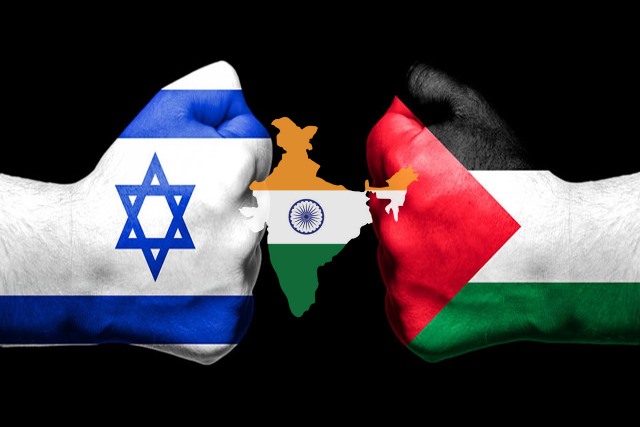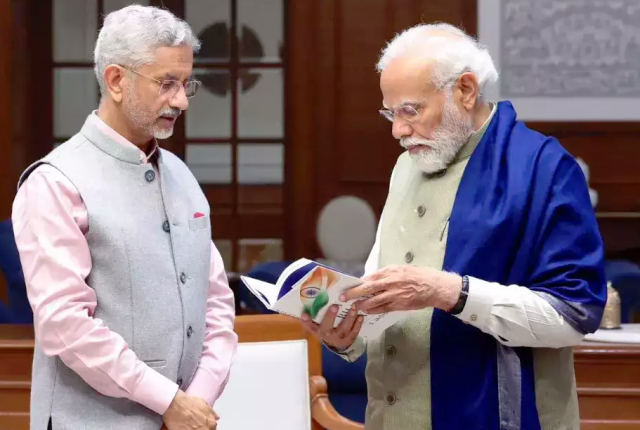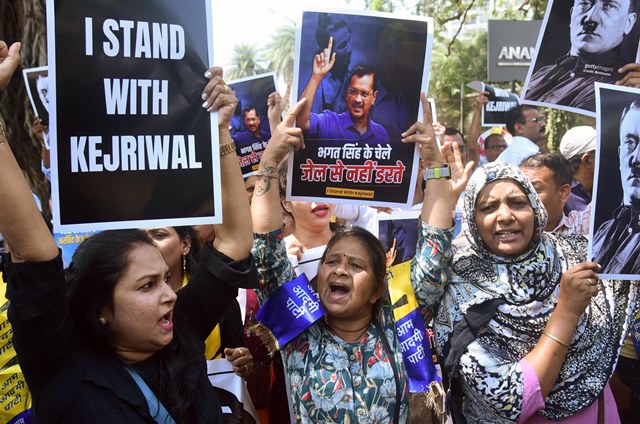
A Guide to Israel-Hamas Conflict and What it Means for India
The conflict between Israel and Hamas is a complex and long-standing one, involving historical, religious, political, and territorial issues. For over a hundred years, Arabs and Jews have been conflicting over ownership of the Holy Land, which is a region in the Middle East that is sacred to adherents or followers of four religions: Judaism, Christianity, Islam and Baháʼí.
Where is the Holy Land? It is located between the Mediterranean Sea and the Eastern Bank of the Jordan River. In modern day, it includes parts of Israel, Palestine, Jordan, Lebanon, Syria, and Egypt. It is called the Holy Land because it is where God is believed to have interacted with his people in various ways throughout history. For Jews, it is the land that God promised to Abraham and his descendants. For Christians, it is the land where Jesus was born, lived, preached, died and resurrected. For Muslims, it is the land where the Prophet Muhammad ascended to heaven from Jerusalem, and where many holy sites are located. For Baháʼís, it is the land where Bahá’u’lláh, the founder of their faith, lived and died.
What is the background of the conflict? Israel is a Jewish state that was established in 1948 in the Middle East, following the end of the British mandate and the United Nations partition plan that divided the land between Jews and Arabs. The Arab states rejected the plan and attacked Israel, but Israel defended itself and expanded its territory. Since then, Israel has fought seven major wars with its Arab neighbours and faced resistance from Palestinian groups that claim the right to self-determination and statehood in the same land.
Hamas is an Islamist militant group that emerged in 1987 as a branch of the Muslim Brotherhood. The Brotherhood was founded in 1928 by Hassan al-Banna, an Egyptian schoolteacher, who preached implementing traditional Islamic Sharia law in all aspects of life, from everyday problems to the organisation of the government. Hamas emerged during the first Palestinian uprising (intifada in Arabic) against Israeli occupation. Hamas rejected Israel’s existence and wanted its destruction through armed struggle and terrorism. Hamas also opposes the moderate Palestinian Authority (PA) that governs part of the West Bank. Unlike Hamas, the PA wants a negotiated settlement with Israel.
What is Gaza? It is a coastal strip of land that borders Israel and Egypt and is home to about 2.3 million Palestinians, most of whom are refugees or descendants of refugees who fled or were expelled from their homes in what is now Israel during the 1948 war. Gaza has been under Israeli blockade since 2007, when Hamas seized control of the territory from the PA after winning parliamentary elections in 2006. Israel says the blockade is necessary to prevent Hamas from smuggling weapons and rockets into Gaza, while Palestinians say it amounts to collective punishment and violates their human rights.
When did the current conflict start? On October 7, Hamas, in a surprise attack on Israel, fired thousands of rockets at Israeli cities and towns; and also breached the border with Israel, sending in hundreds of gunmen who killed and kidnapped civilians and soldiers. Hamas claimed its assault was in response to Israel’s continuing oppression of Palestinians and its plans to annex parts of the West Bank.
As a counter-offensive, Israel declared war on Hamas and launched a massive aerial campaign against Gaza, targeting Hamas leaders, hideouts, infrastructure, and media outlets. Israel also warned Palestinians in Gaza to evacuate their homes or face imminent destruction. Israel said that its goal was to restore deterrence and security for its citizens, and that it held Hamas responsible for all casualties and damages.
What has been the impact of the conflict? It has had a devastating impact, both on the Israeli side as well as the Palestinian. And, as expected, the ripples have affected the rest of the world. Latest estimates say more than 1,200 Israelis have been killed, mostly civilians, while more than 1,000 Palestinians have died in Gaza, many of them children. Many thousands have been injured or displaced by the violence. The situation in Gaza is dire, as electricity, water, fuel, and medical supplies are running low. The international community has condemned the escalation and called for an immediate ceasefire, but so far no diplomatic efforts have succeeded in ending the hostilities.
How has it affected the global economy and India? The Middle East is a vital source of energy and a key transit route for global commerce. Instability in the region could have serious consequences for oil supply and demand, as well as for consumer prices and inflation.
India, as one of the world’s largest importers of crude oil, is particularly vulnerable to such shocks. A sustained rise in oil prices could hurt India’s economic recovery from the Covid-19 pandemic, increase its fiscal deficit and current account deficit, weaken its currency, and trigger social unrest.
There are other complexities for India because of its strong ties with both Israel and Palestine. This poses a diplomatic challenge for India’s foreign policy. India was one of the first countries to recognize Palestine as a state in 1988, and has supported its cause at several international forums. But India also maintains cordial relations with Israel, which is a major partner in defence, agriculture, technology, and innovation.
India has expressed its concern over the violence and urged both sides to exercise restraint and resume dialogue. India has also pulled out of a chess tournament in Egypt due to security reasons, while some Indian pharma companies have faced difficulties in exporting their products to Israel due to trade disruptions. If the conflict continues or blows up into a bigger war, things could get worse.
The bottomline: The conflict between Israel and Hamas is complex and has a long history. It has huge implications for regional stability, global security and the state of the world economy. While the damage and devastation on both sides is immense and can get worse if the conflict blows into a larger war, for countries such as India, which have trade ties and depend on oil imports from the region, it could spell serious economic damage. The international community must work together to end the violence and facilitate a lasting peace based on a two-state solution that respects the rights and aspirations of both Israelis and Palestinians.



